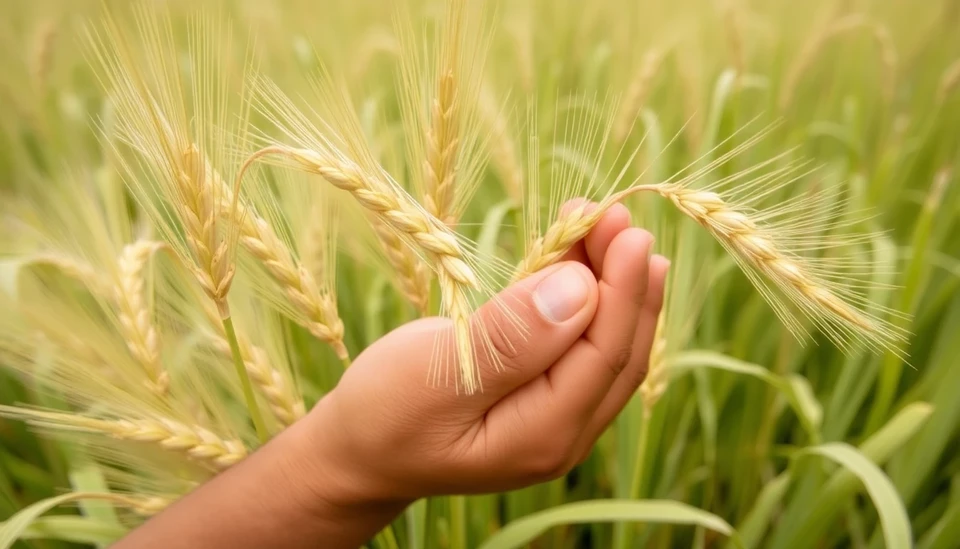
As India gears up for its wheat harvest, farmers and agricultural experts are increasingly concerned about the impact of unseasonably warm weather on this vital cereal crop. The country anticipates a significant decrease in its wheat production due to higher temperatures disrupting the growth cycle. With just weeks to go before the harvest begins, uncertainties loom over both the yield and quality of the wheat that millions depend upon for sustenance.
This year's winter season has brought warmer temperatures than usual, with weather data showing that certain regions are experiencing heat waves earlier than typical. Reports suggest that key wheat-growing states such as Punjab, Haryana, and Madhya Pradesh are particularly vulnerable. These warmer conditions could lead to a situation where the wheat matures prematurely, adversely affecting both grain development and overall product quality.
The Indian Meteorological Department (IMD) has raised alarms regarding the possibility of heat stress during the critical grain-filling period, which could significantly influence the quantity and quality of the wheat produced. This shift in weather patterns is thought to be linked to broader climate change phenomena, which have been altering traditional climatic behaviors across various agricultural zones in India.
Farmers have expressed their frustrations as they prepare for the upcoming harvest. Many are reportedly worried about potential financial losses, especially given that wheat is a staple crop that forms the backbone of rural incomes in many parts of the country. The situation underscores the urgent need for better climate resilience strategies within the agricultural sector to mitigate these rising risks.
The potential decline in wheat production, if realized, could have serious implications for food security in India, the second-largest wheat producer in the world. Authorities are now closely monitoring crop conditions while advising farmers on adaptive measures that can help mitigate the effects of extreme weather. These measures include optimized irrigation techniques and crop varieties optimized for higher temperature tolerances.
As the region braces for what could be a distressing harvest season, the Ministry of Agriculture and Farmers’ Welfare is actively involved in consultations with agricultural scientists and local stakeholders to find immediate and long-term solutions. Experts suggest that enhancing soil moisture retention and changing planting dates may be crucial steps to safeguard the upcoming crops in future seasons.
The economic implications could ripple far beyond the fields themselves, potentially affecting food prices nationwide. With inflation already straining household budgets, any sharp increase in wheat prices could lead to further economic difficulties for many Indian families.
In summary, the looming threat of high temperatures poses grave challenges to India's wheat crop production, initiating discussions about climate adaptability in agriculture. As the country stands at this critical juncture, the collective efforts of farmers, government officials, and agricultural experts will be paramount to navigating the obstacles ahead and ensuring the resilience of one of India's key food resources.
#WheatCrisis #IndiaAgriculture #ClimateChange #CropHarvest #FoodSecurity #IndianFarmers #SustainableAgriculture #WheatProduction
Author: Victoria Adams




